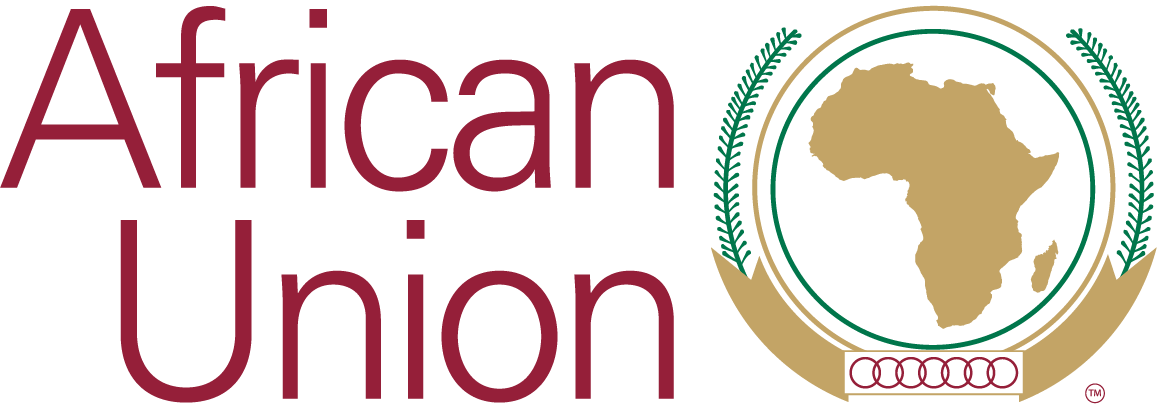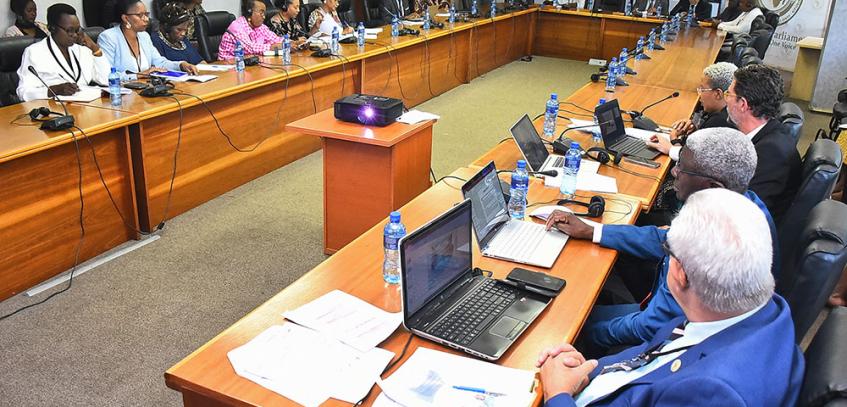Concerned about the widespread effects of harmful accusations of witchcraft, the Pan-African Parliament has come up with a raft of guidelines that provide a holistic approach to dealing with this issue.
The guidelines took centre stage at the joint sittings of the Committee on Gender, Youth, Family and People with Disability, the Committee on Health, Labour and Social Affairs, and the Committee on Education, Culture, Tourism and Human Resources at the PAP headquarters in Midrand, South Africa. Sittings of the Permanent Committees of the PAP began on 6 March and will run up to 17 March under the AU theme of the year "The Year of AcFTA: Accelerating the Implementation of the African Continental Free Trade Area."
Speaking at the capacity building workshop for the continental Parliamentarians, the Project Manager overseeing Disability Rights at the University of Pretoria Centre for Human Rights, Ms Innocentia Mgijima said the PAP Guidelines on Harmful Practices Related to Accusations of Witchcraft and Ritual Attacks are aimed at ensuring an enabling legal environment to eradicate these harmful practices.
"The belief in witchcraft is not necessary but there is no denying there are people who believe in it. People accused of witchcraft are often banished from their communities, stigmatised, and dispossessed of their belongings. The Guidelines seek to deal with such scenarios, said Ms Innocentia Mgijima.
She added that the Guidelines also provide non-legal and community-based responses in dealing with accusations of witchcraft and ritual attacks. The adoption of non-legal community measures encompasses education and awareness.
In addition to discussing the Guidelines on Witchcraft, the capacitation workshop also scrutinised the Protocol to the African Charter on Human and People's Rights on the Rights on Social Protection and Social Security, and the Plan of Action on the Family in Africa.
Acknowledging the central role played by the family in society, Senior Welfare Officer at the African Union Commission Mr Lefhoko Kesamang, noted that harmful practices related to witchcraft accusations affect the family.
"Witchcraft should be understood in the context of the family. When one family is accused and uprooted from the community, the whole family leaves and everyone is affected. The African family network is the prime mechanism for coping with social, economic and political adversity in the continent so we want to make sure the family is recognised and it contributes to the Africa We Want," said Mr Lefhoko Kesamang.
Chairperson of the Committee on Health, Hon Jean Patrice France Quirin proffered: "We all agree that these harmful practices should be eliminated and this is not easy but we are willing as the PAP to work towards this. The Guidelines on Harmful Practices Related to Accusations of Witchcraft and Ritual Attacks is a testament to this."
Participants in the capacity-building workshop agreed that there is a need to intensify advocacy initiatives, engage all stakeholders and encourage their participation in the campaign for ratification of these protocols.
-Ends-








